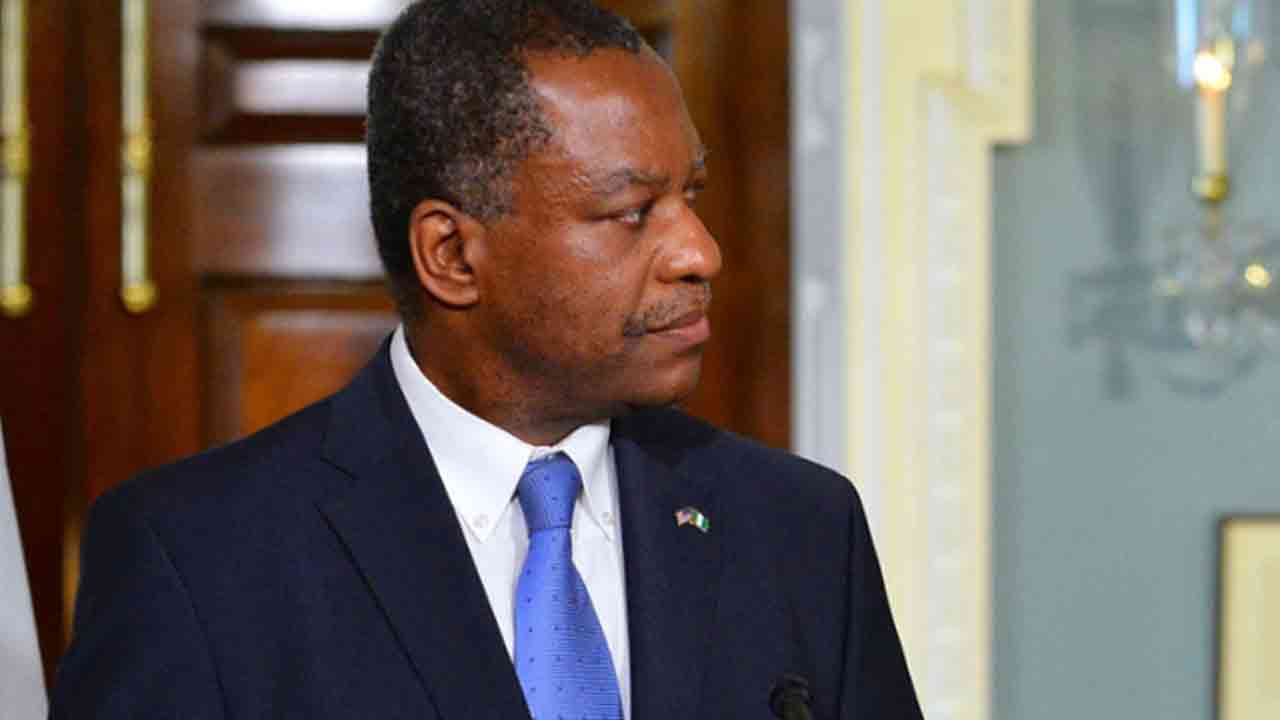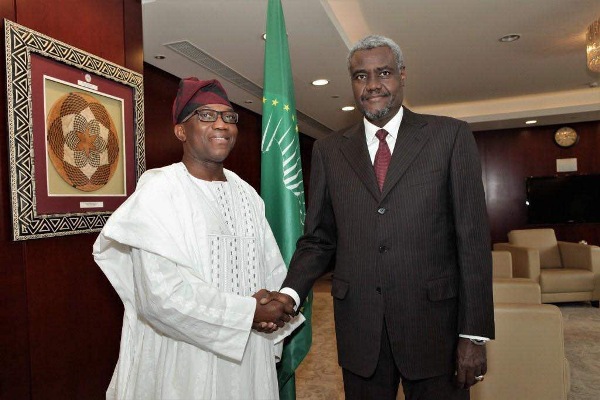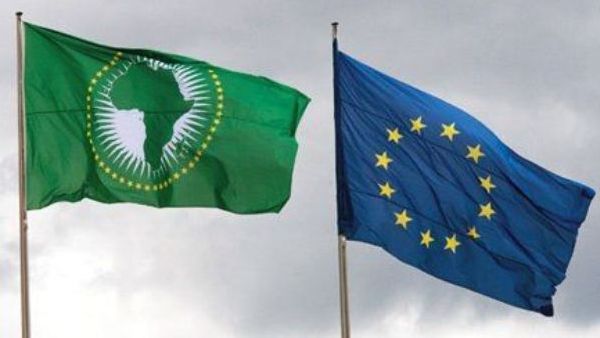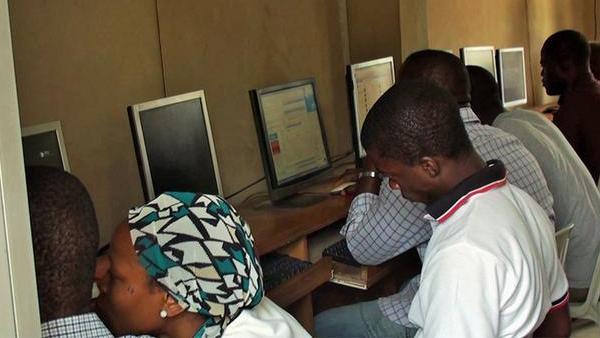Committee of ten (10) African Ministers of Finance convene in Kigali to discuss the implementation of 0.2% import levy by member states towards Financing of the African Union.
The African Union Commission in collaboration with the Ministry of Finance and Economic Planning of the Republic of Rwanda is organizing a meeting of the Committee of Ten Ministers of Finance (F10) responsible for the Financing of the African Union. The Meeting is scheduled to take place in Kigali on the 13th January 2018 to review the progress made in the implementation of the Decision of the Heads of State and Government of the African Union to implement a 0.2% import levy towards financing of the African Union.
This is a follow-up to the meeting that was held in Addis Ababa, Ethiopia on August, 9th 2017 during which, Ministers made recommendations on, among others, a need to develop a set of rules for establishing clear financial management and accountability principles, a need to review the sanctions regime on the payment of assessed contributions and a need to review the current scale of assessment for more equitable sharing of the burden of the Union’s budget. Ministers also called for the expansion of the Committee from ten to fifteen in order to accommodate countries that contribute more to the budget of the Union. The Ministers further expressed a need for the F10 to play oversight role in the budgetary processes of the Union.
This meeting will consider and adopt the technical documents that have been developed pursuant to these recommendations. It will also review the draft decisions to be presented to the Assembly of Heads of State and Government later this month in Addis Ababa, Ethiopia.
As of December 2017, the African Union Commission had on record twenty-one (21) Member States that were at various stages of implementing the Kigali Decision. Out of these, fourteen (14) Member States had already started collecting from the levy and had deposited the funds at an account dedicated for AU opened with the Central Banks. These Countries include Kenya, Ethiopia, Rwanda, Chad, Djibouti, Guinea, Sudan, Morocco, Congo Brazzaville, Gambia, Gabon, Cameroun, Sierra Leone and Cote d’Ivoire.
On the other hand, Ghana, Benin, Malawi and Senegal have initiated internal legal and administrative processes to allow implementation of the Decision while despite their national economic and legal constraints, Mauritius and Seychelles have also indicated full commitment to the principles of financing the Union.
In many ways, the choice of Kigali as the venue for this meeting has symbolic significance in that the Decision to implement the 0.2% was taken here in Kigali at the special Retreat of the Heads of State and Government of the African Union on the 16th July 2016. In addition, the President of the Republic of Rwanda, HE President Paul Kagame has been entrusted to lead the reforms process currently being undertaken in the African Union. Lastly, HE President Paul Kagame is expected to assume the Chairmanship of the African Union for the year 2018 during the Summit of Heads of State and Government to be held in Addis Ababa, Ethiopia later this month.
The F10 is currently comprised of ten countries representing the five regions of the African Union as follows:
(i) Central Africa: Chad and Congo
(ii) East Africa: Ethiopia and Kenya
(iii) North Africa: Algeria and Egypt
(iv) West Africa: Cote d’Ivoire and Ghana
(v) Southern Africa: South Africa and Botswana
Cameroon, Nigeria and Morocco will also attend the meeting based of the interest they expressed to be included in the Committee.
The meeting will be preceded by the technical meeting of Senior Experts slated for the 11th to the 12th January 2018 and will be held at the Kigali Convention Centre.




